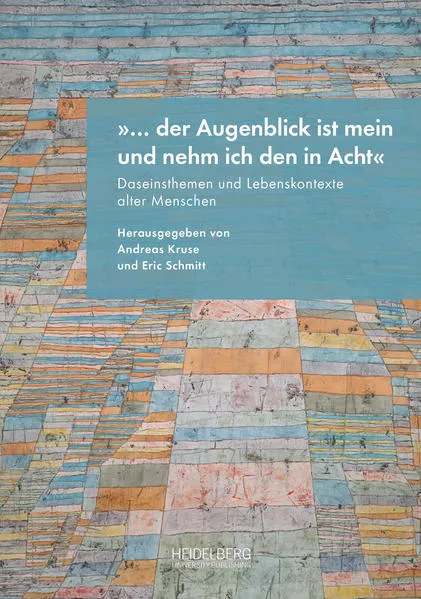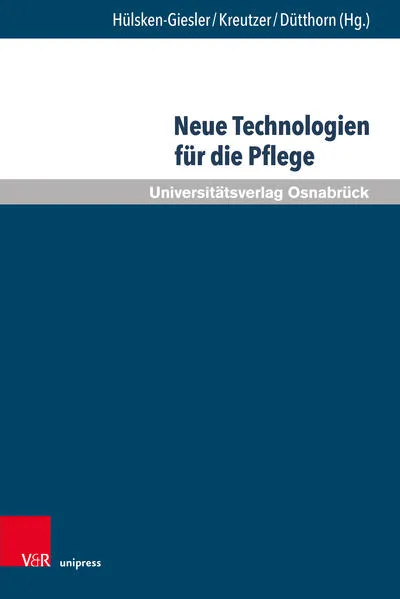
- Publikationen ca: 6
- Buchbewertungen ca: 15
- Fragen & Antworten
Andreas Kruse
Univ.-Prof. Dr. phil. Dr. h.c. Dipl.-Psych. Andreas Kruse, Direktor des Instituts für Gerontologie der Ruprecht-Karls-Universität Heidelberg.
Leben in wachsenden Ringen
Dieses Buch bildet das "Gegenstück" zu dem im April 2021 erschienenen Buch "Vom Leben und Sterben im Alter. Wie wir das Lebensende gestalten können". Während jenes die enger werdenden Lebenskreise und den allmählichen Rückzug von der Welt thematisiert, betont dieses die Möglichkeiten seelisch-geistigen Wachstums und des gesellschaftlichen Engagements.
„… der Augenblick ist mein und nehm ich den in Acht“
Daseinsthemen alter Menschen werden im Kontext unterschiedlicher Lebenswelten betrachtet: unterschiedliche Sozialschichten, unterschiedliche Wohnkontexte, unterschiedliche Grade von Selbstständigkeit bilden zentrale Komponenten der differenzierten Lebenswelten.
Neue Technologien für die Pflege
Die Digitalisierung der Pflege ist umstritten. Ist es legitim, ein Handlungsfeld zu technologisieren, das Sorgearbeit mit vulnerablen Menschen in den Mittelpunkt stellt? Die Debatte um die Entwicklung, Erprobung und Bewertung von neuen, digitalen Technologien für die Pflege boomt in Deutschland.
Vom Leben und Sterben im Alter
This book is concerned with people who are approaching the end of their lives, as well as with the personal and professional caregivers who accompany them during this last stage. It describes attitudes and coping techniques among seriously or terminally ill people, as well as the care, support and environmental conditions that can help them shape the end of life in the best way possible in accordance with their own ideas.
Vom Leben und Sterben im Alter
This book is concerned with people who are approaching the end of their lives, as well as with the personal and professional caregivers who accompany them during this last stage. It describes attitudes and coping techniques among seriously or terminally ill people, as well as the care, support and environmental conditions that can help them shape the end of life in the best way possible in accordance with their own ideas.
Vom Leben und Sterben im Alter
This book is concerned with people who are approaching the end of their lives, as well as with the personal and professional caregivers who accompany them during this last stage. It describes attitudes and coping techniques among seriously or terminally ill people, as well as the care, support and environmental conditions that can help them shape the end of life in the best way possible in accordance with their own ideas.





